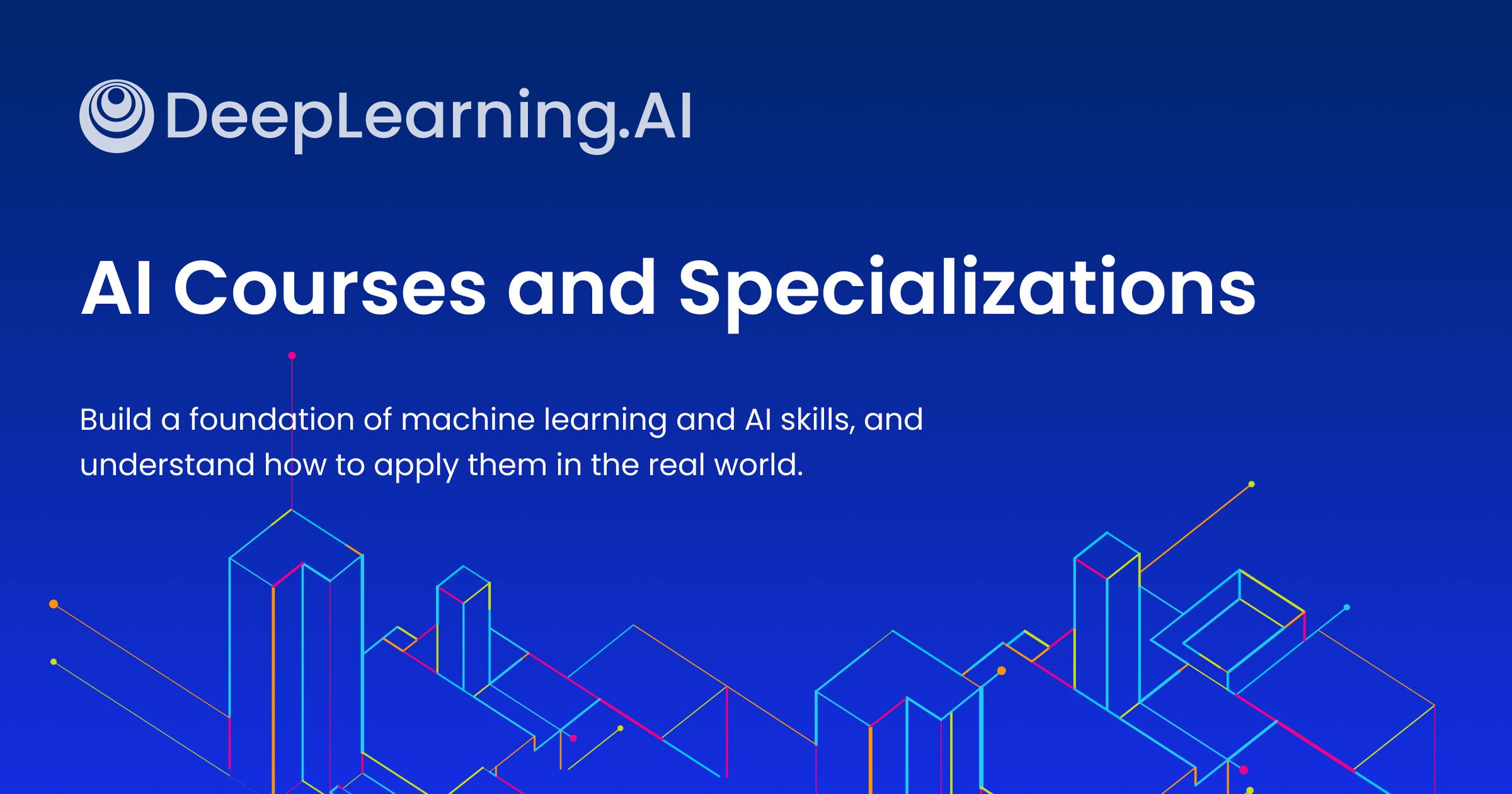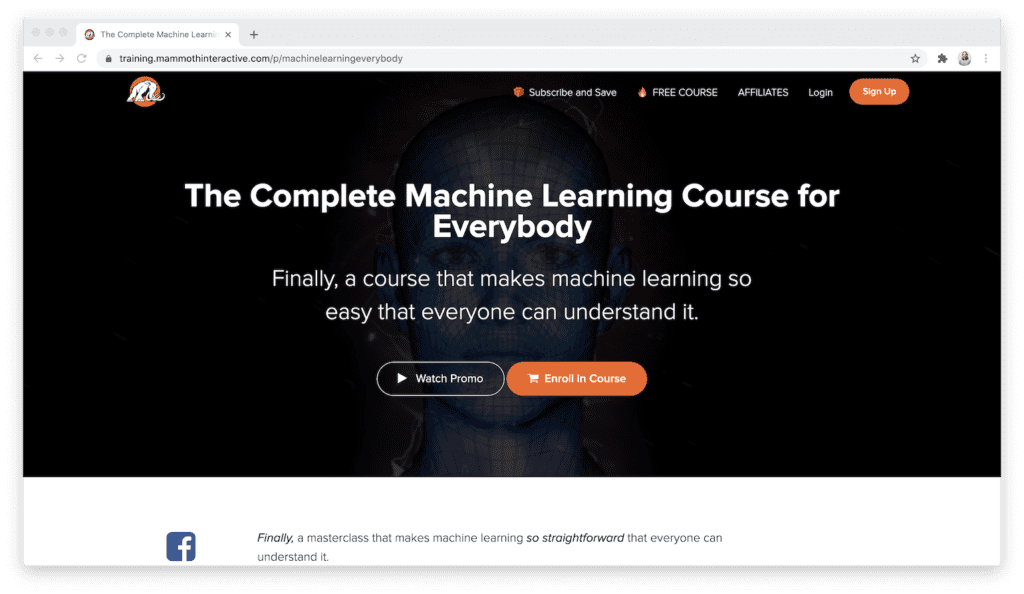All Categories
Featured
Table of Contents
My PhD was the most exhilirating and exhausting time of my life. Instantly I was surrounded by individuals who might address tough physics inquiries, comprehended quantum auto mechanics, and can come up with fascinating experiments that obtained released in top journals. I seemed like an imposter the whole time. But I fell in with an excellent group that encouraged me to discover things at my own pace, and I spent the next 7 years discovering a heap of points, the capstone of which was understanding/converting a molecular characteristics loss function (including those shateringly found out analytic by-products) from FORTRAN to C++, and writing a gradient descent regular straight out of Mathematical Recipes.

I did a 3 year postdoc with little to no artificial intelligence, simply domain-specific biology things that I really did not find interesting, and ultimately procured a work as a computer researcher at a national laboratory. It was a good pivot- I was a concept investigator, suggesting I could get my own gives, create documents, and so on, but really did not have to show classes.
The Greatest Guide To Become An Ai & Machine Learning Engineer
I still didn't "get" maker knowing and wanted to function somewhere that did ML. I attempted to get a task as a SWE at google- experienced the ringer of all the difficult questions, and ultimately got transformed down at the last action (many thanks, Larry Page) and mosted likely to work for a biotech for a year prior to I ultimately procured employed at Google during the "post-IPO, Google-classic" period, around 2007.
When I reached Google I quickly checked out all the projects doing ML and found that than advertisements, there actually wasn't a lot. There was rephil, and SETI, and SmartASS, none of which seemed even remotely like the ML I wanted (deep neural networks). So I went and focused on various other stuff- learning the distributed modern technology under Borg and Colossus, and understanding the google3 stack and production atmospheres, mostly from an SRE perspective.
All that time I would certainly spent on device discovering and computer facilities ... went to writing systems that filled 80GB hash tables right into memory so a mapmaker could calculate a small component of some slope for some variable. Sibyl was really a dreadful system and I got kicked off the team for telling the leader the ideal way to do DL was deep neural networks on high efficiency computer hardware, not mapreduce on cheap linux collection makers.
We had the information, the formulas, and the calculate, at one time. And also better, you really did not require to be within google to make use of it (except the big information, and that was altering promptly). I recognize enough of the math, and the infra to lastly be an ML Engineer.
They are under extreme stress to get outcomes a couple of percent far better than their collaborators, and after that once released, pivot to the next-next point. Thats when I created one of my regulations: "The greatest ML versions are distilled from postdoc splits". I saw a few people damage down and leave the industry permanently simply from servicing super-stressful jobs where they did magnum opus, however only got to parity with a competitor.
This has been a succesful pivot for me. What is the ethical of this long story? Charlatan syndrome drove me to overcome my charlatan syndrome, and in doing so, along the road, I discovered what I was chasing was not really what made me pleased. I'm even more pleased puttering about using 5-year-old ML tech like things detectors to improve my microscope's capability to track tardigrades, than I am attempting to end up being a popular researcher that uncloged the tough issues of biology.
Computational Machine Learning For Scientists & Engineers for Dummies

Hello world, I am Shadid. I have been a Software Designer for the last 8 years. Although I had an interest in Device Discovering and AI in college, I never ever had the chance or patience to pursue that enthusiasm. Now, when the ML field expanded significantly in 2023, with the most up to date technologies in big language versions, I have an awful hoping for the roadway not taken.
Partly this crazy idea was likewise partly influenced by Scott Youthful's ted talk video titled:. Scott speaks about exactly how he completed a computer science level simply by adhering to MIT curriculums and self examining. After. which he was also able to land an entry degree placement. I Googled around for self-taught ML Designers.
At this point, I am not certain whether it is feasible to be a self-taught ML engineer. I plan on taking courses from open-source training courses readily available online, such as MIT Open Courseware and Coursera.
Things about Machine Learning Course
To be clear, my goal here is not to build the next groundbreaking model. I simply wish to see if I can get an interview for a junior-level Artificial intelligence or Data Engineering job after this experiment. This is purely an experiment and I am not attempting to transition into a role in ML.

One more disclaimer: I am not beginning from scrape. I have strong background expertise of solitary and multivariable calculus, linear algebra, and statistics, as I took these training courses in institution concerning a years ago.
Machine Learning In A Nutshell For Software Engineers Fundamentals Explained
I am going to focus mainly on Maker Learning, Deep knowing, and Transformer Design. The goal is to speed run with these initial 3 programs and get a strong understanding of the basics.
Now that you've seen the training course suggestions, below's a quick overview for your knowing maker discovering journey. First, we'll touch on the requirements for the majority of device discovering courses. Advanced courses will certainly call for the adhering to understanding prior to beginning: Straight AlgebraProbabilityCalculusProgrammingThese are the basic components of being able to comprehend exactly how maker learning jobs under the hood.
The initial training course in this listing, Device Knowing by Andrew Ng, consists of refreshers on many of the mathematics you'll need, but it may be challenging to discover machine learning and Linear Algebra if you have not taken Linear Algebra prior to at the very same time. If you need to review the mathematics called for, look into: I would certainly suggest discovering Python because most of good ML training courses utilize Python.
Excitement About Machine Learning Course
In addition, one more outstanding Python resource is , which has numerous free Python lessons in their interactive browser environment. After finding out the prerequisite essentials, you can start to actually comprehend how the algorithms work. There's a base set of formulas in machine discovering that everyone ought to know with and have experience making use of.

The courses listed above contain basically every one of these with some variation. Understanding how these techniques job and when to use them will certainly be crucial when taking on new projects. After the basics, some advanced strategies to discover would certainly be: EnsemblesBoostingNeural Networks and Deep LearningThis is just a start, yet these formulas are what you see in some of the most fascinating machine finding out options, and they're practical enhancements to your tool kit.
Discovering maker discovering online is tough and very fulfilling. It's important to bear in mind that simply viewing videos and taking quizzes doesn't suggest you're actually finding out the product. You'll learn even much more if you have a side job you're functioning on that uses different information and has other purposes than the training course itself.
Google Scholar is constantly an excellent place to start. Get in key words like "maker learning" and "Twitter", or whatever else you want, and hit the little "Develop Alert" link on the delegated get emails. Make it a regular habit to review those signals, check via documents to see if their worth reading, and afterwards dedicate to recognizing what's taking place.
Machine Learning & Ai Courses - Google Cloud Training Can Be Fun For Everyone
Equipment discovering is unbelievably enjoyable and amazing to discover and try out, and I hope you found a course over that fits your very own journey right into this exciting area. Equipment understanding makes up one element of Information Scientific research. If you're additionally thinking about learning more about stats, visualization, data analysis, and extra make certain to have a look at the top information scientific research programs, which is an overview that complies with a comparable format to this.
Table of Contents
Latest Posts
The Easy Way To Prepare For Software Engineering Interviews – A Beginner’s Guide
The Best Strategies For Answering Faang Behavioral Interview Questions
The Best Engineering Interview Question I've Ever Gotten – A Real-world Example
More
Latest Posts
The Easy Way To Prepare For Software Engineering Interviews – A Beginner’s Guide
The Best Strategies For Answering Faang Behavioral Interview Questions
The Best Engineering Interview Question I've Ever Gotten – A Real-world Example